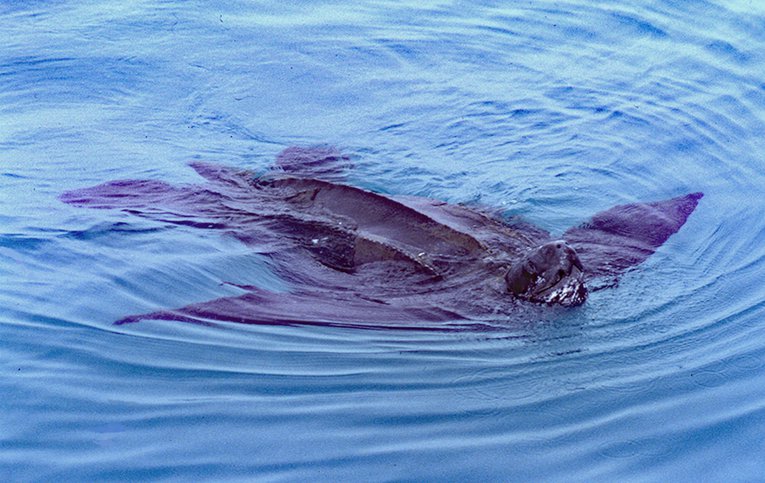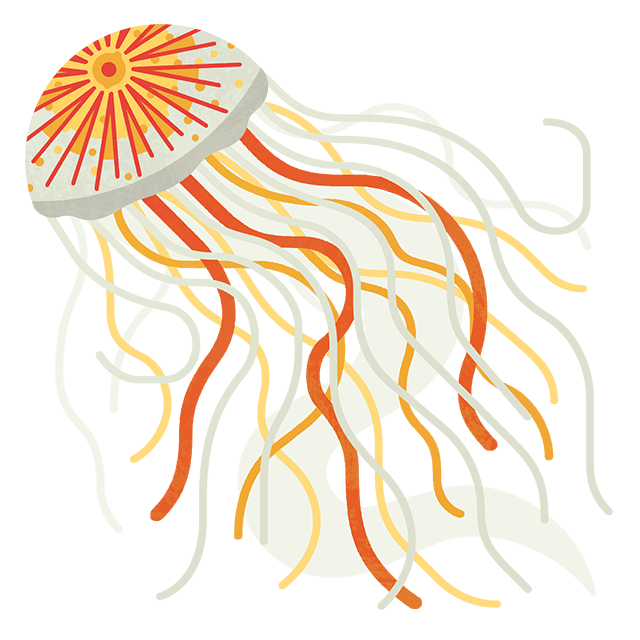
Why report your sightings?
Since 2003, citizen scientists have been reporting jellyfish and turtle sightings in UK waters. This provides our scientists with vital information to learn more about our ocean visitors and protect marine wildlife.
How to get involved
Whether you live by the coast or visit the seaside on your holidays, we want you to tell us every time you spot a jellyfish. Or, if you're lucky enough to spot a turtle, we want to hear about that too.
There are eight different jellyfish, or jellyfish-like, species and six marine turtles that you might see in our waters.
It’s really easy to tell us what you have seen, just fill in the online sightings form including where you were and what species you saw. Don’t worry, we’ve made some useful ID guides so you can identify which species you’ve spotted!
Your sightings matter
Without your data, we wouldn't be able to prove that our ocean is facing problems and our push for solutions wouldn't be backed by science. It's a key part of our work and you can play a vital role in protecting our oceans.
We use your wildlife sightings to:
- Discover how jellyfish and turtle populations are changing around the UK – specifically when and where they are occurring each year.
- Investigate trends in turtle sightings to find out more about how they use our waters.
- Explore whether jellyfish distribution can tell us more about where leatherback turtle feeding grounds may be.

Credit: Colin Speedie
Citizen science to the rescue
All the information you collect builds a clearer picture of the health of our seas and life below the surface. It enables scientists to spot changes over time. We can use this research to inform policies and introduce conservation strategies to better protect our ocean.
We publish your wildlife sighting data with our university partners. This gives us baseline knowledge that we can use to track future changes which could indicate the impacts of major environmental issues, like climate change.
Meet the research team
Meet one of the scientists who use the data we collect about wildlife sightings in the UK as part of their research into our seas.

This project is funded by the Government's Green Recovery Challenge Fund. The fund was developed by Defra and its Arm's-Length Bodies. It is being delivered by The National Lottery Heritage Fund in partnership with Natural England, the Environment Agency and Forestry Commission.




